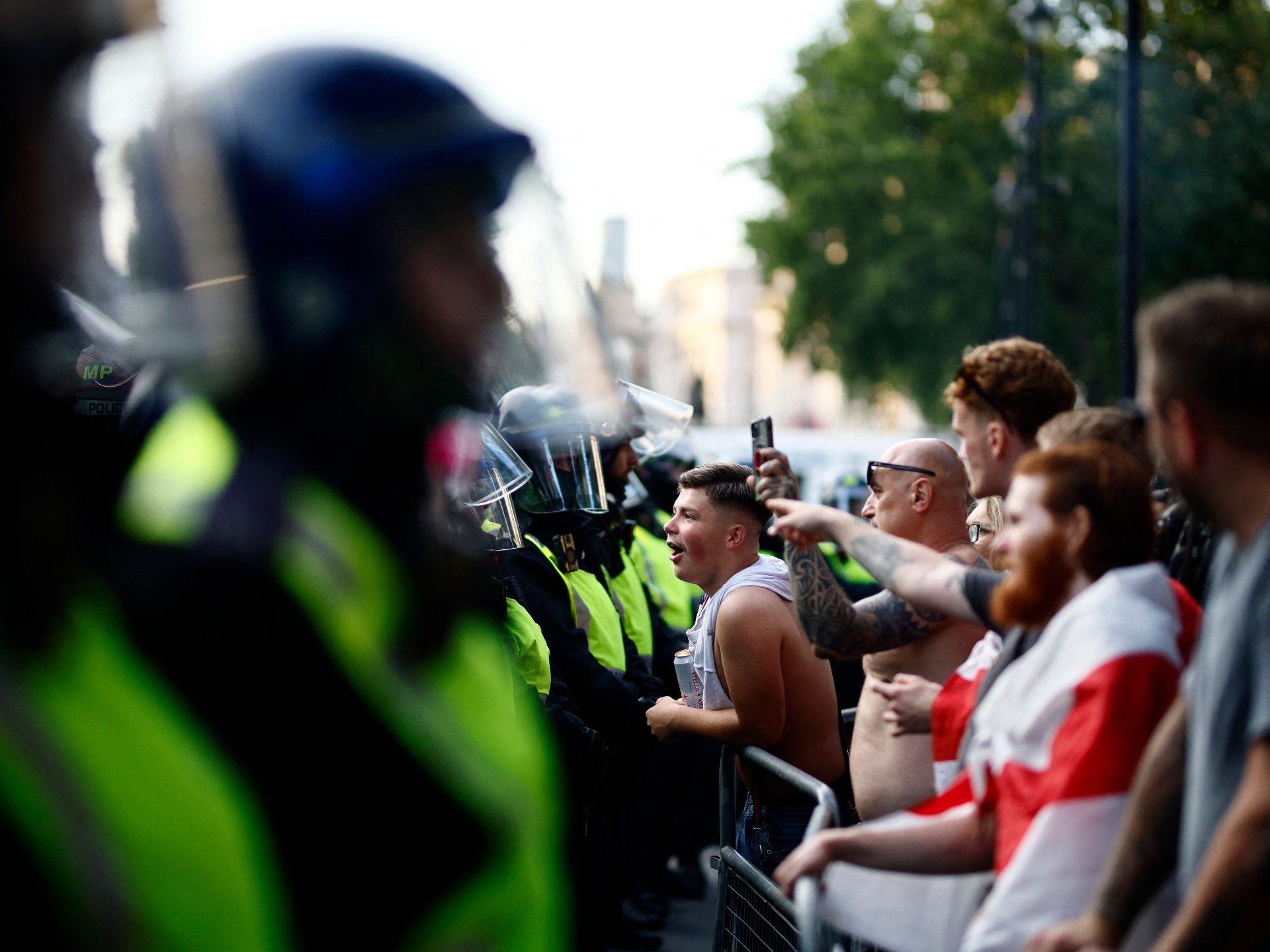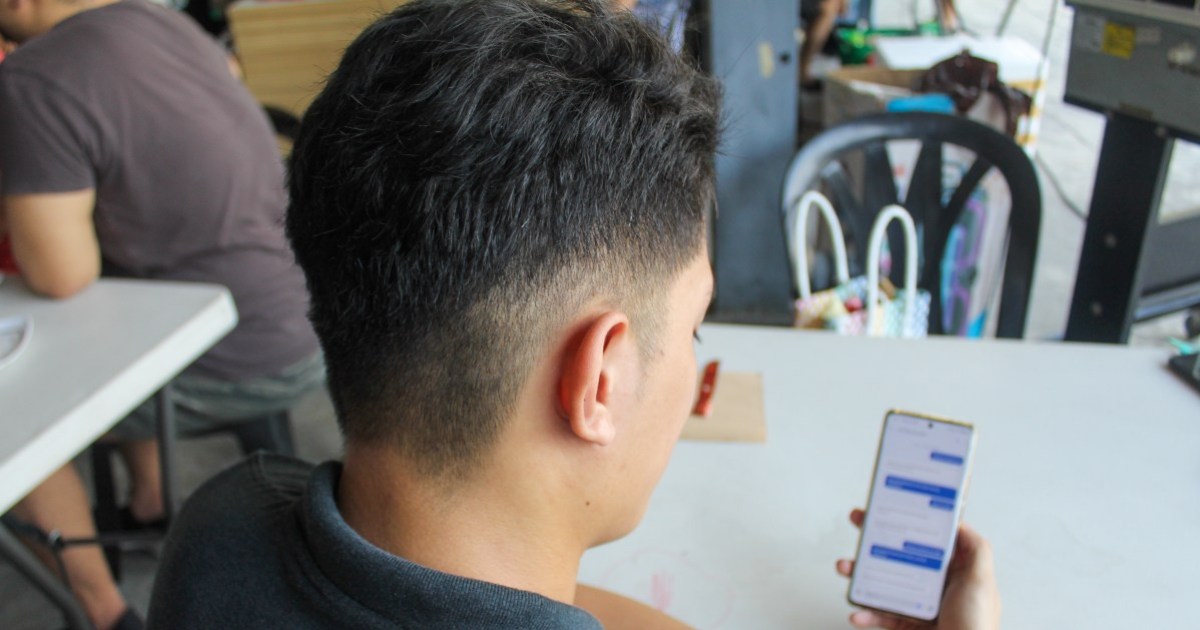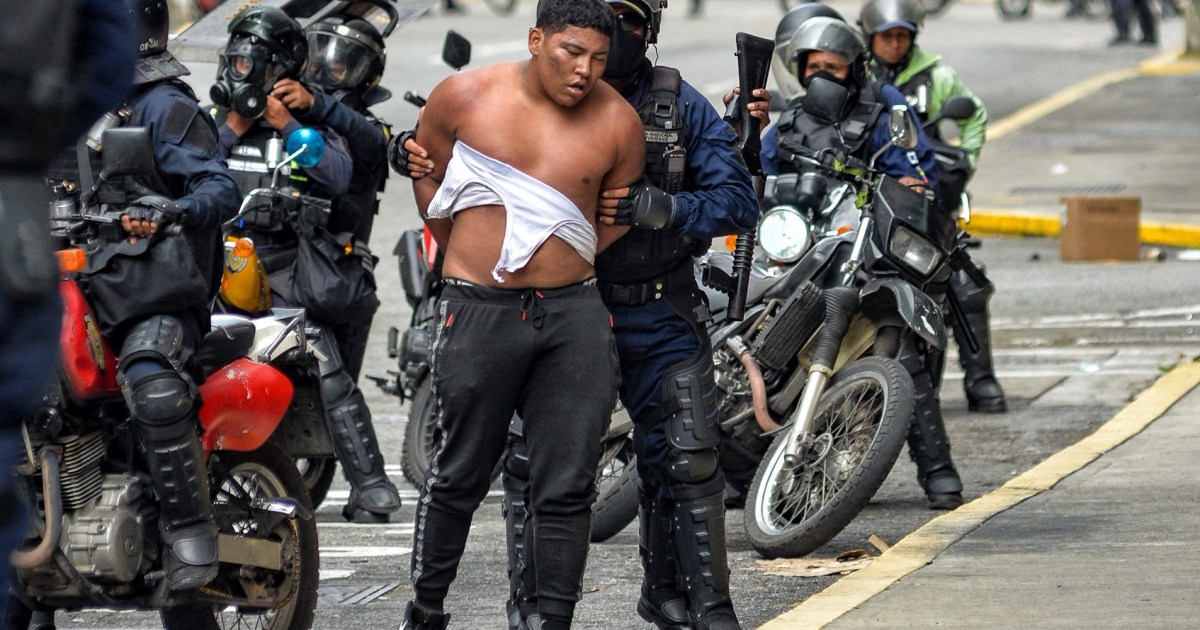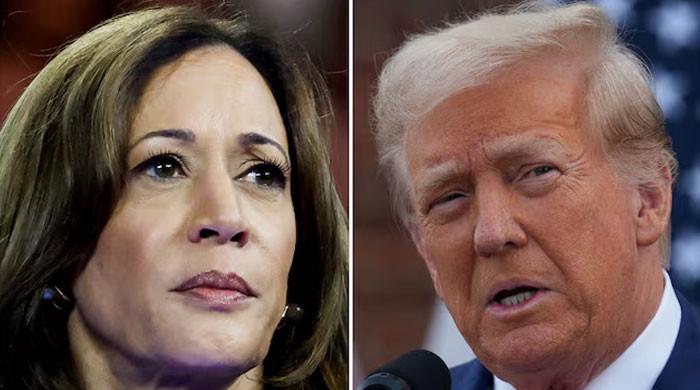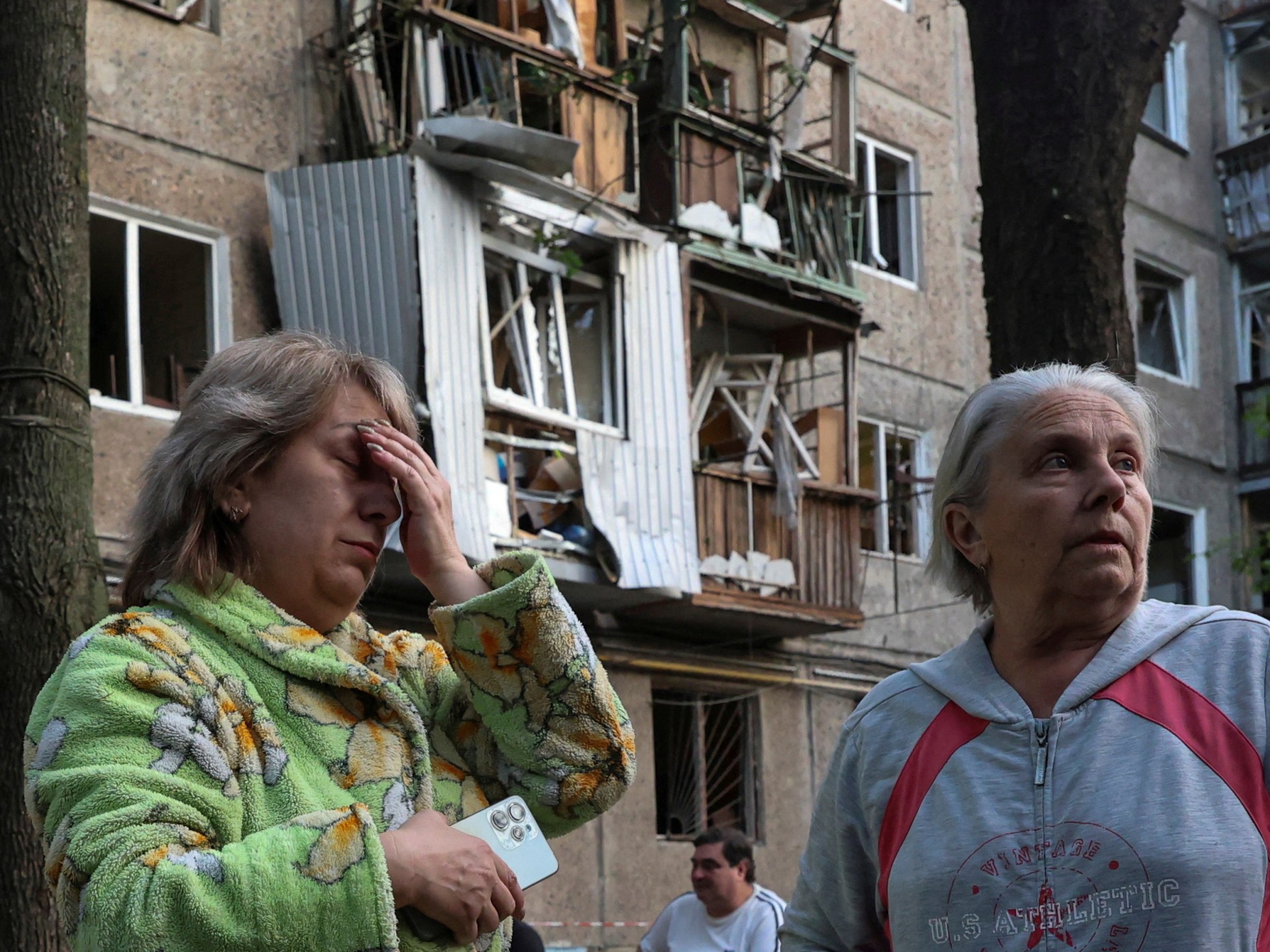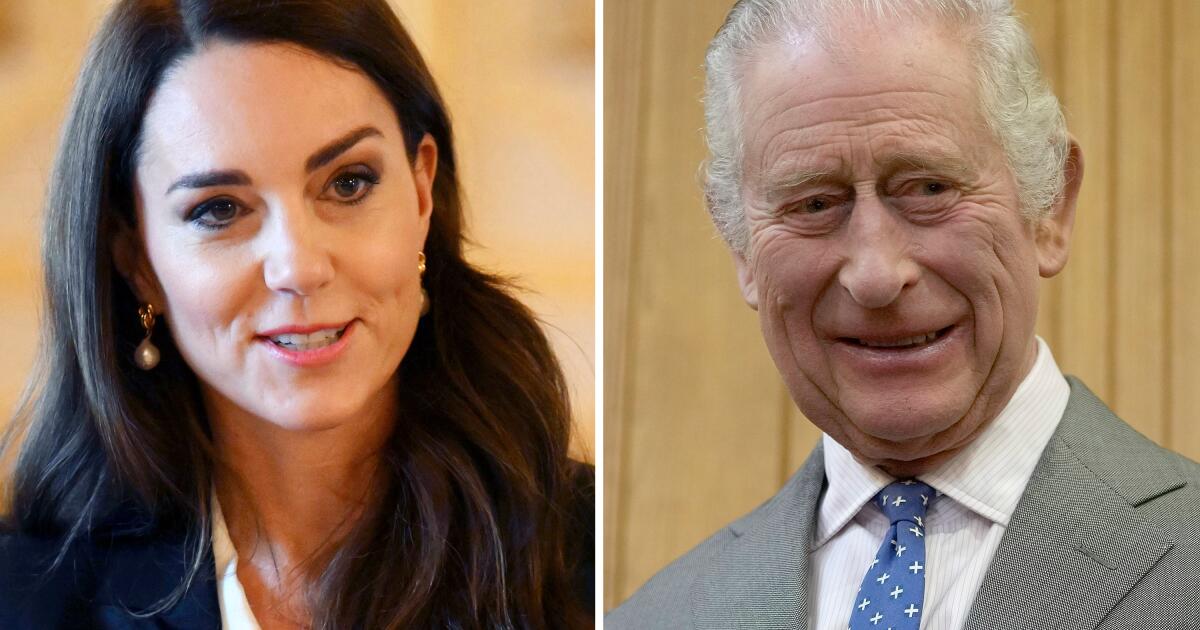Police say officers faced “serious and sustained levels of violence” after several hundred people stormed Sunderland city centre.
Violent far-right riots have broken out in the north-east English city of Sunderland amid a series of anti-immigrant protests following the murder of three children at a dance class earlier this week.
Northumbria Police Chief Superintendent Helena Barron said officers faced “serious and sustained levels of violence” on Friday after several hundred people stormed Sunderland city centre, attacked police and set fire to at least one car and a building next to a police office.
Eight people were arrested after hours of what Barron described as “absolutely deplorable” unrest. Three officers required hospital treatment and two remained hospitalized early Saturday.
Images shared on social media showed youths wearing balaclavas throwing bricks while fireworks and flares were set off.
“The shocking scenes we have witnessed in Sunderland this evening are completely unacceptable,” Barron said, adding that the “disorder, violence and damage” seen “will not be tolerated.”
“A full investigation is underway to identify those responsible,” he added.
The disorder came after two nights of rioting in several English cities and towns following the stabbing in Southport of three children – Alice Dasilva Aguiar, nine; Elsie Dot Stancombe, seven; and Bebe King, six – at a Taylor Swift-inspired summer holiday dance class.
Internet misinformation blamed the killings on a Muslim immigrant. The alleged perpetrator was later identified by a judge as Axel Rudakubana, a 17-year-old boy born in the United Kingdom to Rwandan parents.
Police have said the case is not being treated as terrorism-related, but have not revealed a motive.
Anger over the killing fueled growing anti-immigrant sentiment as far-right social media channels advertised anti-immigrant rallies with the slogan “enough is enough.”
Protesters clashed with police outside a mosque in Southport on Tuesday and threw beer cans, bottles and flares near the prime minister's office in London the following day.
Officers arrested 111 people when a protest in Westminster turned violent on Wednesday night.
Friday night's riots in Sunderland, after a quiet night nationwide on Thursday, were an ominous sign for the days ahead.
London's Metropolitan Police said it had a “proportionate and risk-based” plan for rival pro-Palestinian and anti-immigration protests on Saturday.
“They don't represent Britain”
Responding to the events in Sunderland, Home Secretary Yvette Cooper said rioters “will pay the price for their violence and thuggery”.
“They do not represent Britain,” Cooper said, giving the police “the full backing of the government to take the strongest possible action and ensure they face the full force of the law.”
Religious leaders say mosques have been attacked and have had to step up security measures.
“Violent protesters attacked a mosque and police, causing chaos and fear,” the Muslim Council of Britain said in a statement, welcoming Home Secretary Cooper’s condemnation.
“It is imperative to address this type of violent behavior and prevent it from happening again.”
Prime Minister Keir Starmer met local leaders in Southport on Friday to discuss “a package of support for the local community”, his Downing Street office said, a day after he announced a new “national capability” to tackle disorder in the wake of recent riots.
The new measures will allow for intelligence sharing, wider deployment of facial recognition technology and criminal conduct orders to restrict the travel of rioters.
Downing Street was lit up in pink on Friday evening “as a mark of respect and solidarity with all those affected by the tragic incidents that took place earlier this week,” it said in X.
“We stand in solidarity with Southport.”

